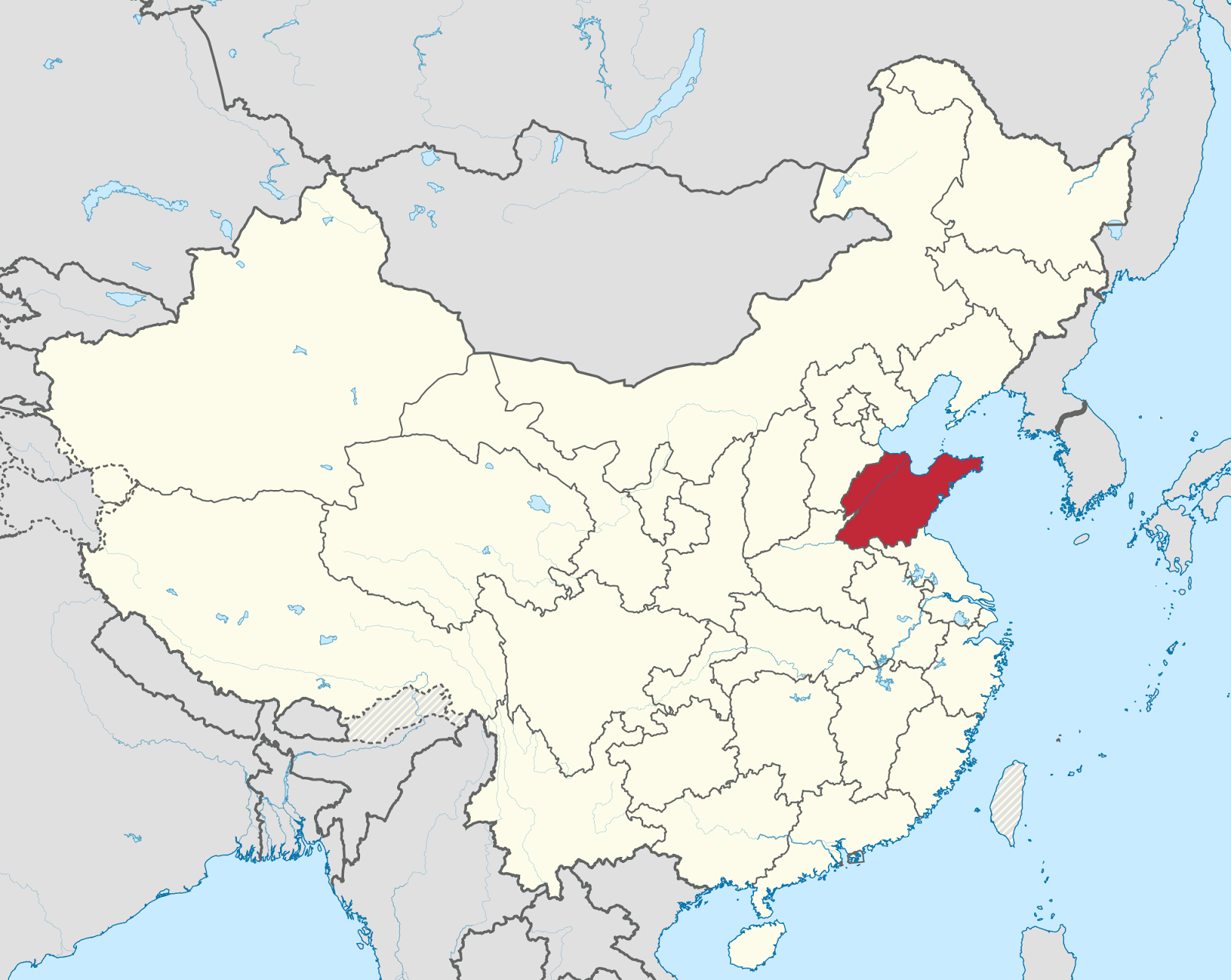It is my assertion that over the last few decades since the fall of communism a lack of understanding of how markets actually work has become commonplace around the world. When it was capitalism vs. communism (or socialism, or even fascism), you generally knew where you stood. To wit:
- Capitalism said that the free market would provide the best outcome for society, while communism / socialism felt that capitalism had to be tempered and / or that key assets should be owned by the state
- Capitalism said that government should be small, and stick to a few areas of logical focus such as security and foreign affairs, while socialism / communism celebrated government and government jobs as a way to employ the citizenry and achieve social goals
Subtly, the growing attraction of jobs that were primarily in the government sector (environmental jobs, education jobs, health care jobs, and outright government work) and the basic thought that you could build a nice, steady career there with assured benefits and pensions while “doing right for the world” became commonplace. These jobs were often seen as “nicer” and “better” than the ruthless corporate jobs that are continually vilified or parodied on television (such as “The Office” or virtually any thriller set in business).
On a parallel scale, the idea that “State Owned Enterprises” (SOE) could be a significant part of the world economy, and compete effectively with private sector companies, became widespread. Let’s leave aside the companies that fell into the US governments’ hands during 2008-9 like the banks and car companies; I am focusing on the world wide companies, often country “champions”, that are in our midst and whose performance has now been hit with the usual causes of failure of these sorts of entities, including:
- Politically motivated investment
- Forced government subsidies or protectionist behavior
- Corruption
.svg.png)


